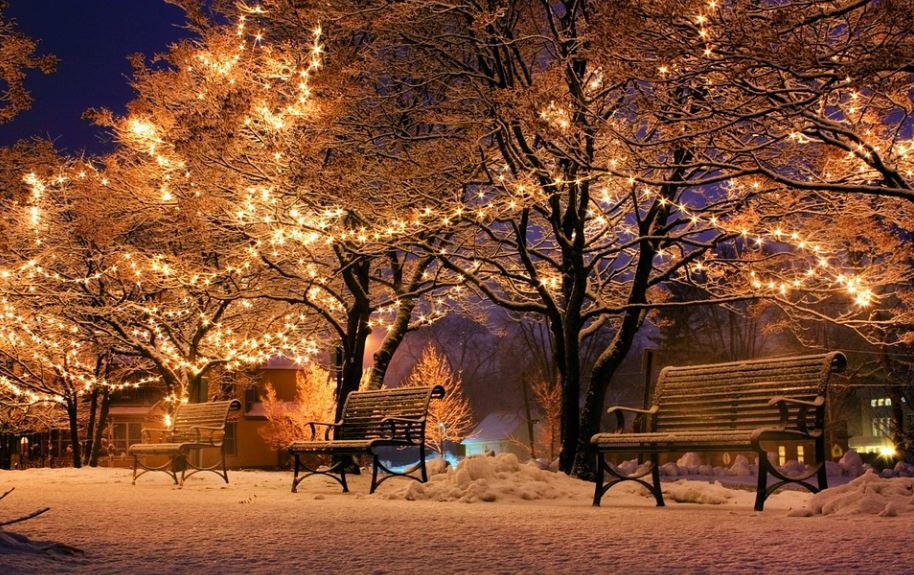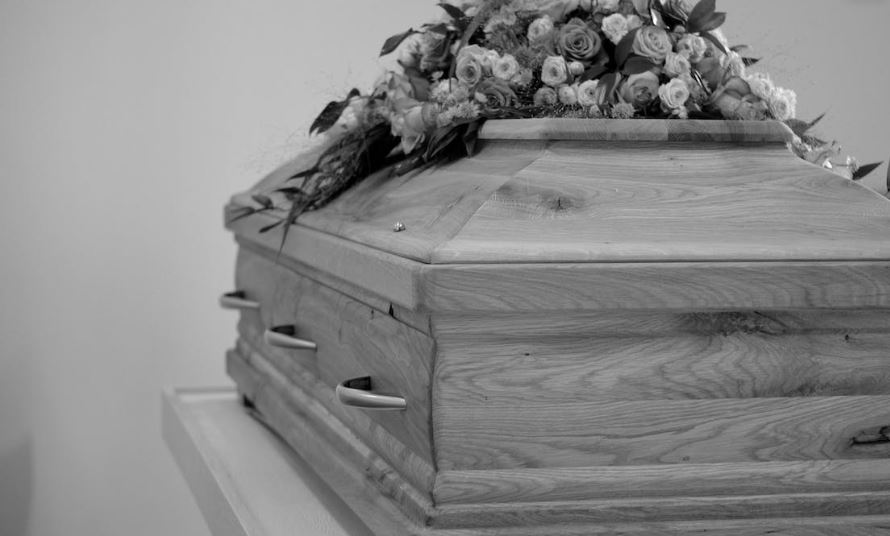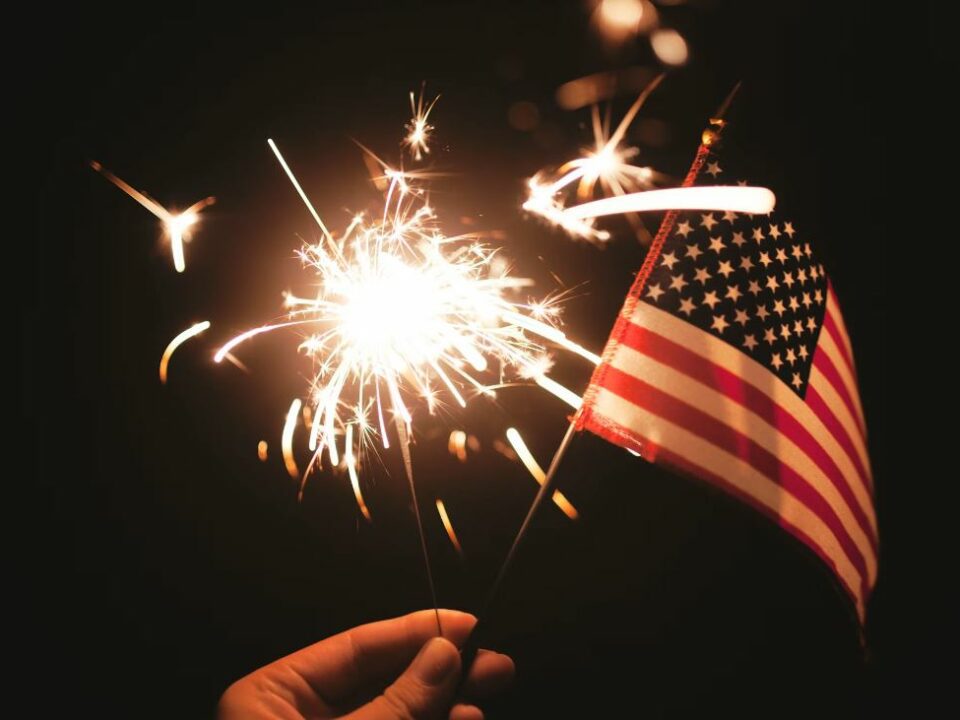No Word For Goodbye

What are Your Options for Cremation Services?
March 28, 2022
How to Plan a Post-Funeral Reception
April 4, 2022
My family recently suffered the loss of a close family member. In addition to our grief it has been difficult to adjust to the new reality of a world without that person in it. Everything seems changed. I also struggled with referring to them in the past tense, and kept catching myself saying they “are” instead of “were.” I knew logically it made sense that I should change how I talk about them, but it just felt wrong somehow.
During their memorial service I found an unexpected source of comfort and guidance. The minister spoke of his time spent with the Navajo tribe many decades ago, in Gallop, New Mexico at the Church Rock Reservation. He had begun a conversation with an elder about language, and asked if there were any major differences between English and Navajo. The response was, “Yes! The Navajo people have no word for goodbye. In your language, ‘goodbye’ means gone and physically separated and that’s it, they’re not there.” He went on to explain that in his language it acknowledges a physical parting, but it means they have not really really left us because the imprints of their character remain. The work they did, their presence in our lives, is still with us and never leaves us. That person is still with us in spirit and in thought and in their influence upon us.
I listened to those words, and in that moment I gave myself permission to continue to use the present tense to refer to my loved one. If I slipped up and said they “are” I was no longer going to correct myself and feel guilty, because they still ARE. Who they are to me remains. They are loved, they are an important part of my life and the life of our family. Look around and there is evidence of their life, of their love, and of the positive way they changed the world. They helped shape the people that the rest of us became. Nothing will ever change that, not even death. The legacy that they leave behind is a powerful one, and I will hold tight to that. So it is not goodbye, because that person will continue to be cherished and represent so much to me and to our family.
I did some research about the language of the Navajo, as well as how they honor those who have departed this life. Historian Wally Brown of the website Navajo Teachings spoke of the importance of remembering those who have gone before us, because they “lived a life and they showed us things… they lived a life that brought joy to members of the family, and left some good memories.” Even those people whom you have never met helped shape your family and the person that you are, and that should be remembered and treated with respect. We should take time to honor that long after they have passed on, not just at the funeral, because their influence and importance continues long after their body has stilled on this earth.
I found that there are other tribes who also use different words for the concept of goodbye. They may say the equivalent of “take care of yourself” or “see you later,” but not something that means total separation. Even when parted, the connectedness remains. I came across this poem written by Mary TallMountain, who was born to a Koyukon/Athabaskan mother, and it explained the concept in an incredibly beautiful way.
“There Is No Word for Goodbye”
Sokoya, I said, looking through
the net of wrinkles into
wise black pools
of her eyes.
What do you say in Athabascan
when you leave each other?
What is the word
for goodbye?
A shade of feeling rippled
the wind-tanned skin.
Ah, nothing, she said,
watching the river flash.
She looked at me close.
We just say, Tlaa. That means,
See you.
We never leave each other.
When does your mouth
say goodbye to your heart?
She touched me light
as a bluebell.
You forget when you leave us;
you’re so small then.
We don’t use that word.
We always think you’re coming back,
but if you don’t,
we’ll see you someplace else.
You understand.
There is no word for goodbye.
(From Mary TallMountain’s volume of poems The Light on the Wall. Los Angeles: University of California Press, 1990.)
So it’s not goodbye. We carry them with us, until we see them someplace else.
Morrissett Funeral & Cremation Service
6500 Iron Bridge Rd.
Richmond, VA 23234
(804) 275-7828 info@morrissett.com
Written by Jennifer Roberts Bittner, Certified Celebrant & Life Tribute Specialist



